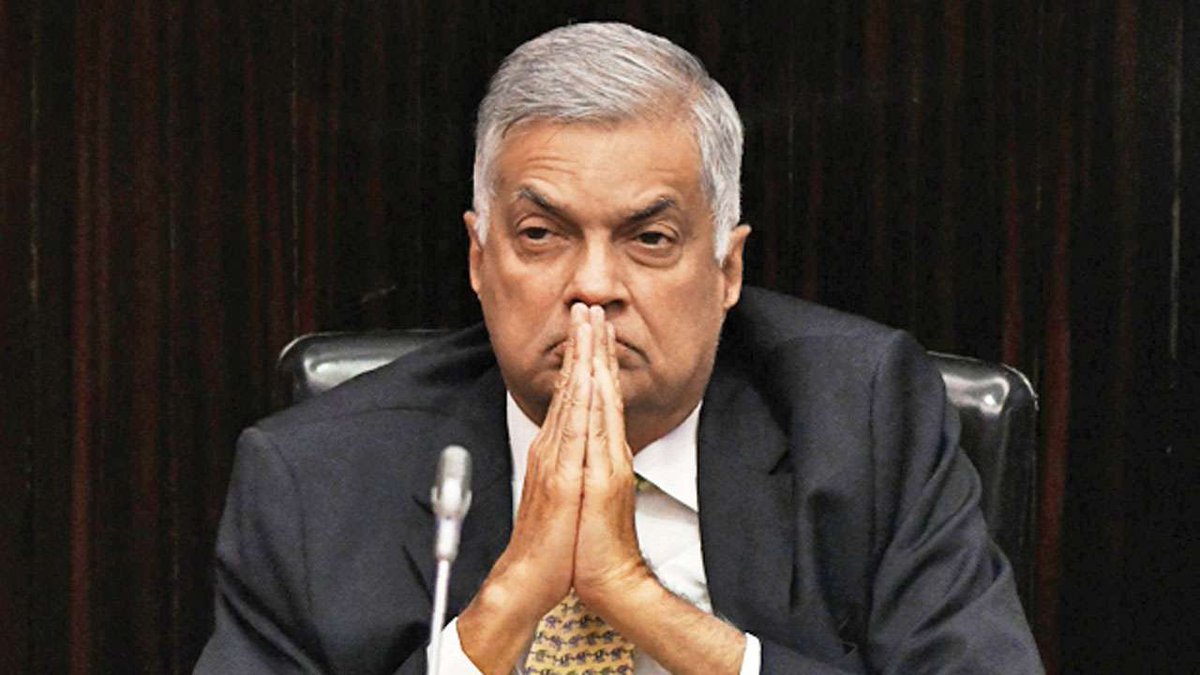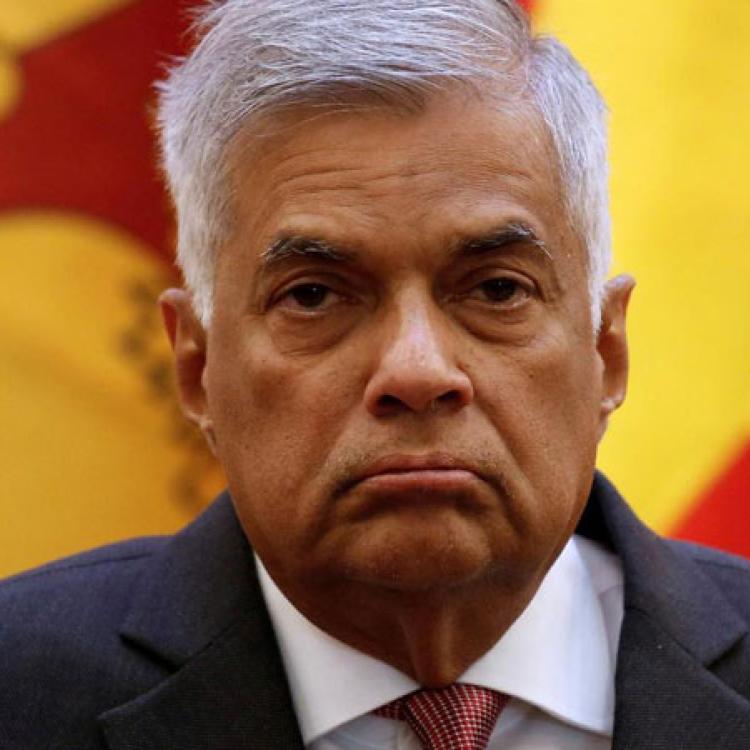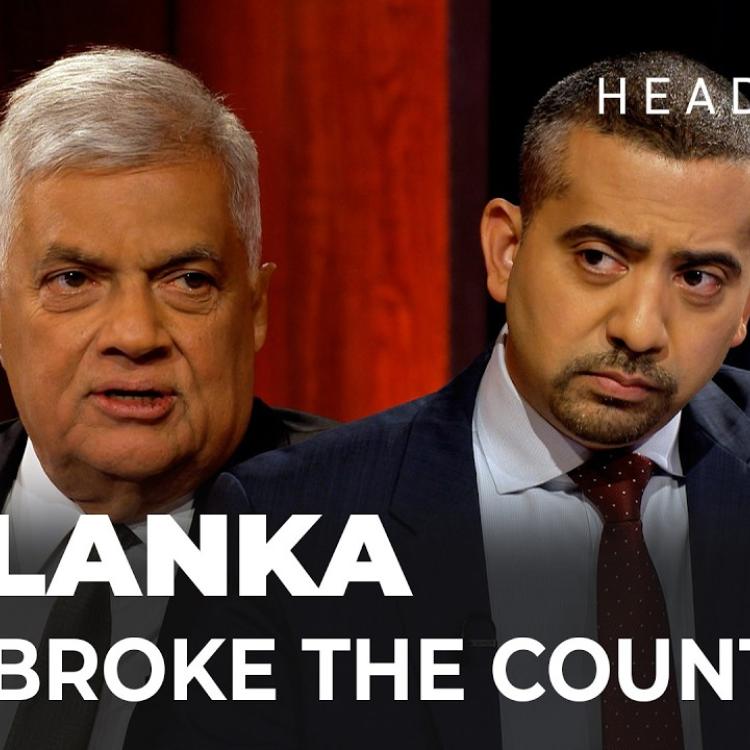
Sri Lanka will launch a fresh inquiry into allegations against former president Ranil Wickremesinghe, said a government minister, including his alleged role in the Batalanda torture camp, the Central Bank bond scam, and the Easter Sunday attacks.
The move comes just days after Wickremesinghe’s disastrous interview on Al Jazeera, where he was pressed on his record of impunity, his shielding of war criminals, and his failure to address enforced disappearances.
During the interview, Wickremesinghe also denied allegations made by a government commission that he was complicit in the use of torture, illegal detention, and extrajudicial killings at Batalanda, a housing complex he resided in during the late 1980s.
When confronted with a government inquiry naming him as a “main architect” of securing the site, Wickremesinghe first denied the report’s existence, before backtracking and questioning its validity.
“Where is the report?” he remarked with his hands folded. “I deny all those allegations… where is that commission?”
“There is nothing to be found against me… I am telling you there is no report.”
A copy of the report was shared by the International Truth and Justice Project and held up by former BBC Sri Lanka correspondent Frances Harrison during the interview, who said she was “flabbergasted”. “It shows the impunity that he is supporting. It’s absolutely shocking”
Speaking to reporters, Deputy Minister of Public Security and Parliamentary Affairs Sunil Watagala stated that the government would take "necessary steps" to investigate Wickremesinghe, particularly with regard to the Batalanda report, which was raised during the Al Jazeera interview.
“The NPP government is committed to transparency and will take action on all accusations, where Wickremesinghe previously received political protection,” said Watagala.
However, the Sri Lankan government’s sudden interest in investigating allegations against a political rival contrasts starkly with its ongoing refusal to probe war crimes committed against Tamils. For over 15 years, Tamil families, human rights groups, and international bodies have called for accountability over tens of thousands of Tamil civilians massacred in 2009, the forcible disappearance of thousands, and the systematic use of sexual violence and torture by the Sri Lankan military.
During the interview Wickremesinghe also shielded war criminals and refused to answer for enforced disappearances. His response—repeatedly saying "no contest" when asked about war crimes—was widely criticised as callous and dismissive.
While Colombo is now eager to investigate Wickremesinghe, the government continues to reject international calls to prosecute Sri Lankan military officials responsible for some of the worst atrocities in the island’s history. Despite repeated UNHRC resolutions calling for accountability, Sri Lanka refuses to co-operate and rejected Tamil demands for an international accountability mechanism for the genocide.


